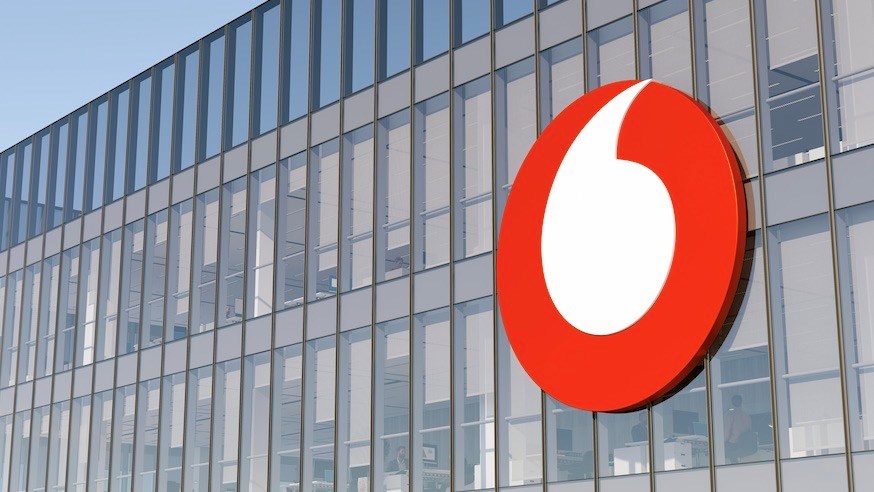
- Vodafone’s director of network architecture spoke with TelecomTV
- He says the operator’s Open RAN trials in urban areas are reaching a critical stage
- Those trials will pave the way for an RFQ process that’s on track for 2024
Vodafone’s Open RAN trials, including those in urban areas, are “going very well” and will pave the way for a request for quotation (RFQ) process that’s on track to take place in 2024, according to Yago Tenorio, Vodafone fellow and director of network architecture at the operator, as well as chairman of the Telecom Infra project (TIP).
Talking to TelecomTV in an interview that is now available to view on demand, Tenorio noted that the operator measures its Open RAN “state of play by the progress we’re making with our biggest deployment, which is the UK, and that, I think, is going very well. We always said we would start [trials] in urban areas before the end of 2022, and we did.”
Indeed, Vodafone revealed its so-called “golden cluster” or urban sites in south-west England last December (and which are currently being rolled out), though it was notable that the initial plans for the sites did not include massive MIMO radio units, which are vital to the efficient delivery of 5G mobile broadband services across mid-band spectrum. Those radios were, at the time, still being put through their paces in Vodafone’s labs and were due to be added to the urban sites in Torquay and Exmouth this year – see Vodafone readies its Open RAN ‘golden cluster’ and Vodafone tackles Open RAN’s Achilles heel.
Tenorio, though, hinted during his interview that progress has been made. “Stay tuned because we'll give an update during Mobile World Congress on that, but things are going well… I think that's important because once you get Open RAN into urban areas, and once you integrate massive MIMO into the system and you can demonstrate that it performs well, that’s an important milestone for proving the maturity of the system,” stated the Vodafone fellow, who sees “2023 as an inflection point where we can see some volumes deployed and more projects.”
Actually demonstrating that it performs well is the challenge, though, and clearly one that has proven tougher than the bullish operators such as Vodafone had expected.
But Tenorio is confident of positive progress, especially as multiple chip vendors, such as Marvell and Qualcomm, develop their Open RAN portfolios. He added that Vodafone, which also announced two pilot deployments in Germany last October, is “preparing some new projects” before it issues its RFQ next year, by which time he expects to see ”Open RAN performing better and more efficiently than incumbent architecture thanks to the silicon players that are working in this space.”
Tenorio added: “We always said our plan is to have 30% of Europe rolled out with Open RAN by 2030, and that's still the plan. We're progressing to that [and it will be] fuelled by the RFQ that should see the light in 2024.”
He discussed a great deal more, too. So watch the full video interview here, and see what Tenorio had to say during the panel session element of the inaugural Open RAN Show, TelecomTV’s new monthly programme that focuses on Open RAN developments (the panel session begins at the 24:52 mark).
- Ray Le Maistre, Editorial Director, TelecomTV
Email Newsletters
Sign up to receive TelecomTV's top news and videos, plus exclusive subscriber-only content direct to your inbox.




